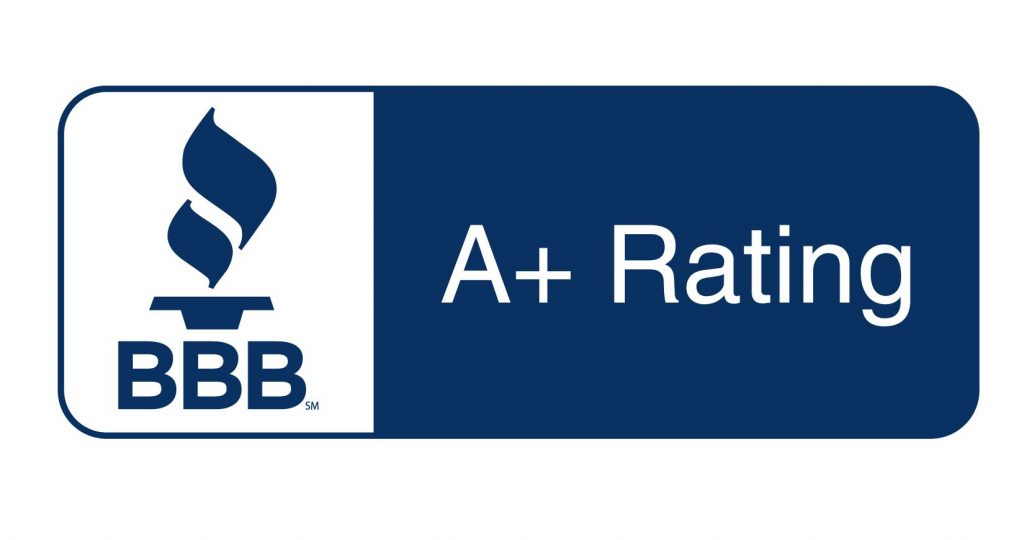Medicare and Medicaid are two important programs that provide healthcare coverage for millions of Americans. Although they are often used interchangeably, the two programs are distinct and cater to different populations. Understanding the difference between Medicare and Medicaid is crucial for anyone seeking the healthcare coverage you’re entitled to. In this article, we’ll explain what Medicare and Medicaid are, how they differ, and how to qualify for each program.
What Is Medicare?
Medicare is a federal health insurance program that primarily serves people over 65 years of age. It also caters to those who have certain disabilities and chronic conditions. Medicare is divided into four parts: Parts A, B, C, and D. Each part covers specific healthcare services.
To be eligible for Medicare, you have to be a U.S. citizen or permanent resident. In addition, to qualify for premium-free Part A, you or your spouse must have worked and paid Social Security taxes for at least ten years or forty quarters.
Some people are automatically enrolled in Traditional Medicare (Parts A and B), while others will need to submit their applications. In either case, you’ll need to make sure you are enrolled in time and pick out the other plans to complete your coverage.
What Is Medicaid?
Medicaid is a joint federal and state program that provides healthcare coverage to low-income individuals and families. Unlike Medicare, which is mostly funded by payroll taxes, Medicaid is funded by both federal and state governments. Eligibility for Medicaid is based on income, assets, and other factors, and the rules may vary from state to state.
In general, to be eligible for Medicaid, you must have a lower income, be pregnant, have children, be elderly, or have a disability. Medicaid covers a broad range of services, including doctor visits, hospital stays, prescription drugs, and long-term care.

How to Qualify for Medicare or Medicaid
To qualify for Medicare, you must be a permanent resident of the U.S. Most individuals qualify for Medicare when they turn 65, but younger people can enroll in some cases. For example, you can enroll if have been on disability for 24 months or have been diagnosed with End-Stage Renal Disease (ESRD) or Lou Gehrig’s Disease. You’ll need to sign up during specific enrollment periods.
To qualify for Medicaid, you must meet the eligibility requirements set by your state. In most states, Medicaid is an option for people who have an income of 138% or less of the Federal Poverty Level (FPL). Some states still have an even lower requirement of 100% of the FPL. The states who use the 138% guideline offer free Medicaid coverage for adults under the age of 65.
If you live in a state that hasn’t expanded the Medicaid program, you’ll need to fall below minimum income thresholds and belong to one of the groups we mentioned earlier (disabled individuals, pregnant women, children, or elderly adults). You can apply for Medicaid through your state’s Medicaid office.
Frequently Asked Questions
Both Medicare and Medicaid take time to understand. The enrollment process is not always simple, but it can be easier with the help of a trusted insurance brokerage like Carolina Senior Benefits. The following are some of the most frequently asked questions we get about Medicare and Medicaid.
Can I have both Medicare and Medicaid?
Yes, if you meet the eligibility criteria for both programs. In addition, you may be eligible for a specific type of Medicare Advantage plan called a Special Needs Plan if you qualify for both programs.
Does Medicare cover all healthcare costs?
No, there are still some costs that may not be covered, such as long-term care, dental treatment, and routine vision and hearing services.
How do I know if I’m eligible for Medicaid?
Since Medicaid is state-specific, you’ll need to check your state’s eligibility requirements to know if you’re eligible for Medicaid.
https://carolinaseniorbenefits.com/





